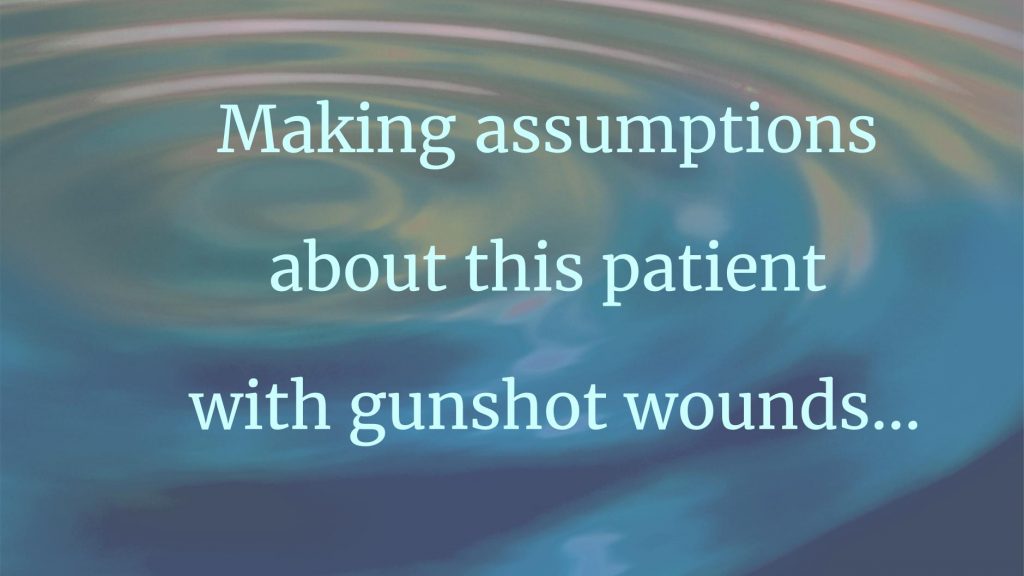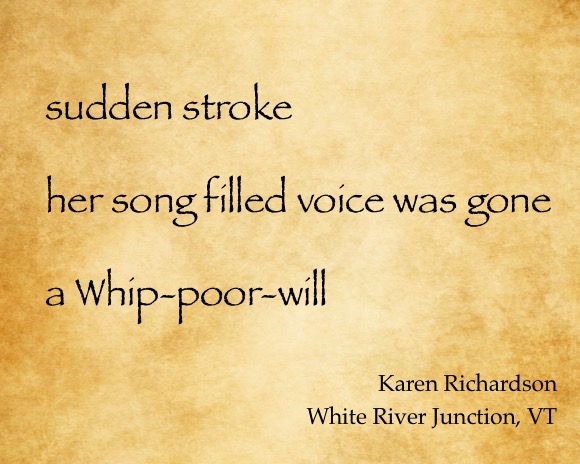Extracurriculars
If harsh words fall, but no patient is around to hear them, do they make a sound?
This particular night on my trauma-surgery rotation as a fourth-year medical student, the question weighs heavily as a page alerts the team that a patient with multiple gunshot wounds will arrive in ten minutes.
Everyone’s kind of excited. Anxious, too. Jittery.
1:00 am. Down in the ED, the main actors stand masked, gowned and ready to go. ED Cowboy stands at the head of the bed, Surgery Senior stands to the side. Alongside them, the throngs of people without obvious purpose who always seem to show up just in time for the evening’s episode of “drama in the trauma bay.” Everyone’s done this a thousand times before. Well, maybe not everyone.







